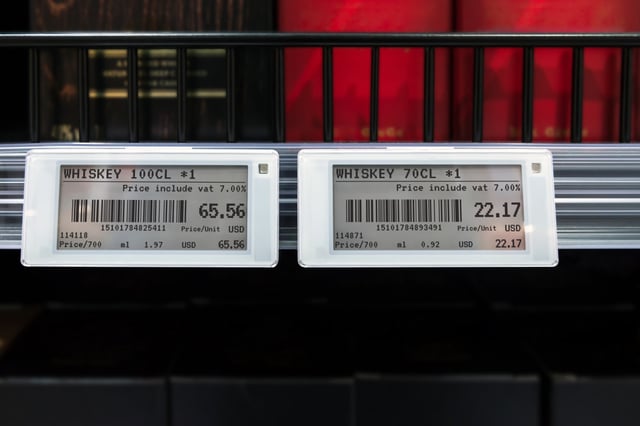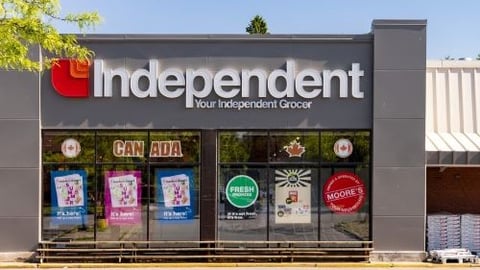Senators Probe Kroger About Dynamic Pricing
Grocery pricing and politics are converging again following a letter sent to The Kroger Co. by U.S. Senators Elizabeth Warren (D-Mass.) and Robert P. Casey, Jr. (D-Pa.). In that Aug. 5 correspondence addressed to Kroger Chairman and CEO Rodney McMullen, the lawmakers questioned the retailer’s use of electronic shelf labels (ESLs). Kroger first launched ESLs in 2018 and has expanded usage to more U.S. locations in the ensuing years.
Warren and Casey expressed concerns about what they deemed dynamic pricing from Kroger and other American grocers. “Widespread adoption of digital price tags appears poised to enable large grocery stores to squeeze consumers to increase profits,” they wrote. The politicians also sounded a cautionary note about “sensitive consumer data,” through the use of cameras on ESLs displays.
[RELATED: Government 'Strike Force' Makes Play for Large Grocers]
Recognizing Kroger as a leading U.S. retailer, Warren and Casey sent a list of 11 specific questions to McMullen, and thereby Kroger, and requested a response by Aug. 20. Queries included the extent of ESL usage in Kroger stores, the factors the retailer uses when considering price changes, and the number of times pricing can change in a single day via this kind of technology. (The full letter is available online.)
Kroger maintains that it its pricing methods are ultimately shopper-centric and can benefit the overall market in a number of ways. “Kroger’s business model is to lower prices over time so that more customers shop with us, which leads to more revenue that we then invest in lower prices, higher wages, and an even better shopping experience. Everything we do is designed to support this strategy, and customers are shopping more with Kroger now than ever because we are fighting inflation and providing great value,” a spokesperson told Progressive Grocer in an email. “Any test of electronic shelf tags is to lower prices more for customers where it matters most. To suggest otherwise is not true.”
Kroger's nearly 420,000 associates serve more than 11 million customers daily through a digital shopping experience and retail food stores under a variety of banner names. The Cincinnati-based company is No. 4 on The PG 100, Progressive Grocer’s 2024 list of the top food and consumables retailers in North America. PG also named Kroger among its Retailers of the Century.











